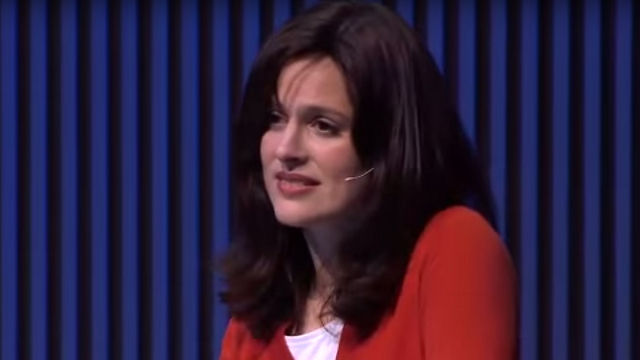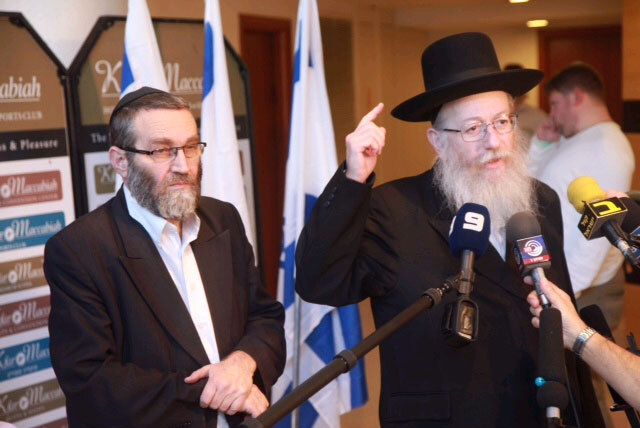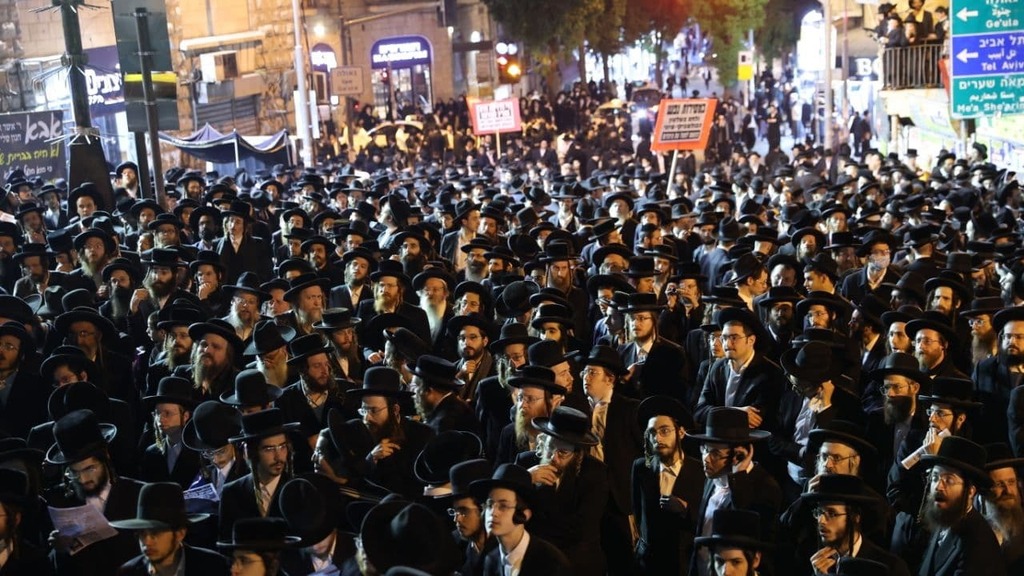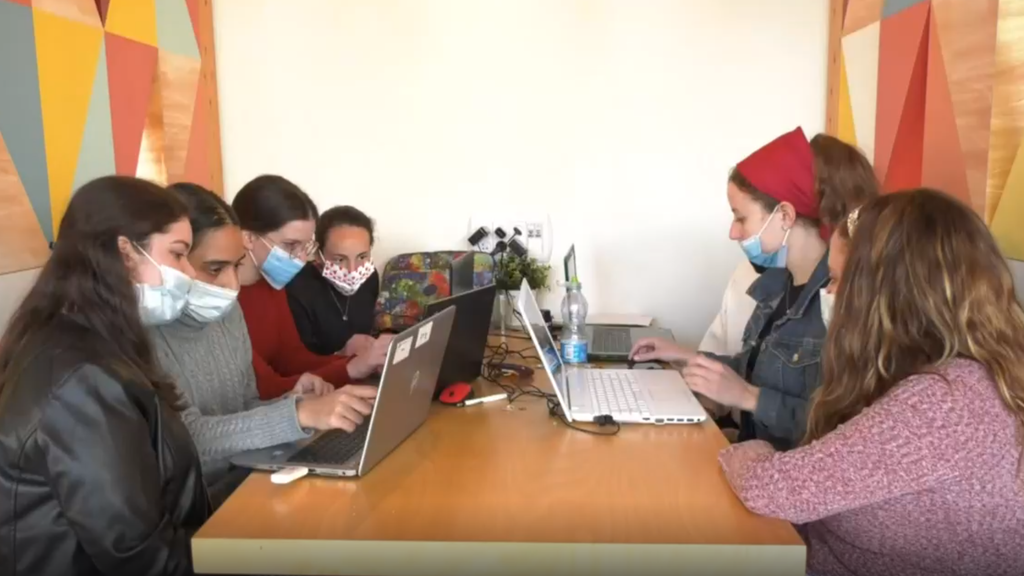The appointment of an American Haredi woman as Deputy National Security Advisor for Cyber and Emerging Technology in the Biden administration made the news on an ultra-Orthodox website in January.
Anne (Chani) Neuberger who grew up in a Hassidic home in Brooklyn was even praised in the report.
This itself is groundbreaking, regardless of the outrageous slew of condemnatory talkbacks that criticized everything including the length of her skirt, her direct gaze and the fact that she was sitting in meetings with men.
4 View gallery


Anne (Chani) Neuberger, Deputy National Security Advisor on Cyber Security
(Photo: Screenshot)
Her detractors were outraged that a Haredi woman could achieve such high office. The criticism she has received is much similar to that directed at another Hassidic woman, Rachel "Ruchie" Freier, who appointed as a judge on the New York bench in 2016.
These success stories of American Haredi women should remind Israelis of the impossible price that ultra-Orthodox men and women in Israel are made to pay by their leaders.
They bear the brunt of the political power of the Haredi parties, which grants them de facto control over the entire ultra-Orthodox community.
The independent Haredi educational system does not provide boys with basic schooling in math, sciences or languages and blocks any opportunity for education in state-regulated institutions. As a result, hundreds of thousands of Israeli children who grow up in this community are unable to find decently paid jobs as adults.
4 View gallery


Moshe Gafni and Yaakov Litzman, the leaders of the United Torah Judaism Party
(Photo: Moti Kimchi)
The government already spends millions of shekels to help graduates of the Haredi schools, mainly men, in their efforts to catch up with the rest of society. But research shows that there is very little return on that investment.
Women in particular are sacrificed at the alter of the unholy political pacts by Haredi parties that are made up exclusively of men.
Haredi women are barred from holding any position of power or even having a seat at the table where critical decisions about their lives are being made.
The few who try to claim political power by operating outside the existing parties are subjected to threats, public shaming and abuse.
This is absurd, especially since Haredi women in Israel are often far more educated than the men in their communities. They work and amass qualifications and experiences that surpass even that of their American sisters.
In the United States, Haredi men work to provide for their families while their wives remain home to raise their families.
In Israel, men often spend their productive adult years studying the Torah and women are tasked with providing for the family.
But no matter how high Israeli ultra-Orthodox women are able to climb on the career ladder, they are still marginalized and mostly disregarded by the men in their society.
Under the guise of coveted female modesty, so revered by many in that community, women remain excluded from positions of power.
The coronavirus pandemic revealed just how badly the Haredi leadership has failed its loyal constituents and how removed these men are from the real needs of their communities.
These failures may lead to shifts in the expectations that some Haredi Israelis have of their political representatives.
4 View gallery


Ultra-Orthodox men demonstrate in Jerusalem against the closure of Haredi schools during Israel's third coronavirus lockdown
(Photo: Alex Kolomoisky)
Budding new initiatives have already attempted to attract voters and will perhaps achieve more gains if a growing number of Haredi Israelis realize the damage caused by the seclusion of the ultra-Orthodox sector from the rest of the country, not to mention the growing tension that exists in the relationship with the secular state.
They may also come to understand that women cannot be silenced forever. The examples of Anne Neuberger, Rachel Freier and the others that are sure to follow could be the catalyst for much-needed change.
Esti Shoshan is the founder and co-executive director of the organization Nivharot (Chosen) – Haredi women for representation, equality and a voice


